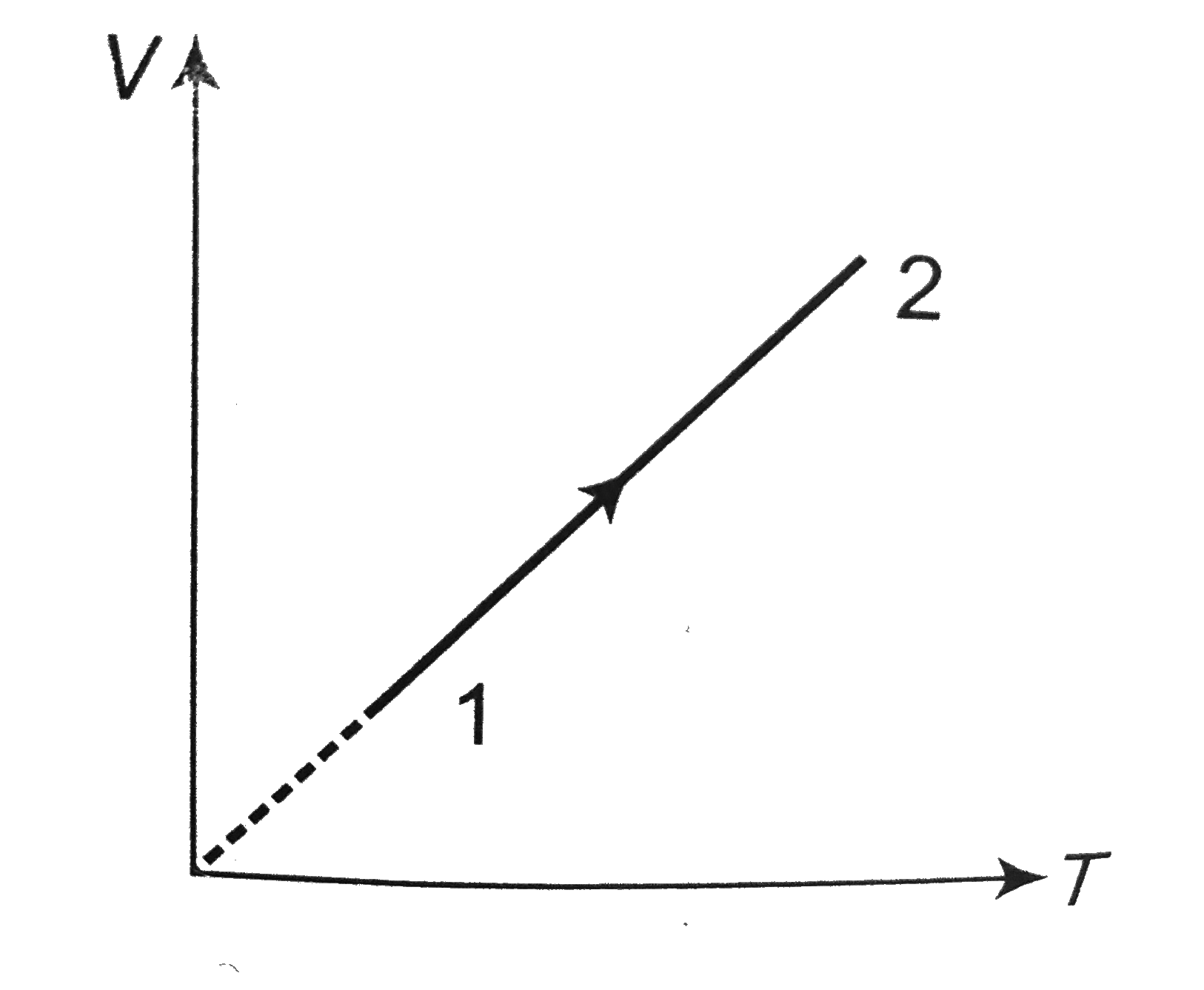: "All collisions between the molecules of the gas and walls of container are elastic". This assumption has validity only when temperature of both, the gas and the walls of the container, are same
: If in a process then work done by the gas must be zero. (T/F)
: Internal energy of one kilogram of Helium is same as that of one kilogram of Argon at the same temperature.
TFF
TTF
TTT
TFT
The correct Answer is:A
for both gases f and T are same but n is different
Topper's Solved these Questions
Similar Questions
The pressure exerted by the gas on the walls of a container is measured by
View SolutionCollisions between the molecules of a gas and its container exert pressure on the walls of the container. (T/F)
View SolutionThe collisions between the molecules and container exert ___________ on the walls of the container
View SolutionIf gas molecules undergo, inelastic collision with the walls of the container
View SolutionThe temperature of a gas is raised while its volume remains constant, the pressure exerted by the gas on the walls of the container increases because its molecules
View SolutionThe temperature of a gas is raised while its volume remains constant, the pressure exerted by the gas on the walls of the container increases because its molecules
View SolutionThe temperature of a gas is raised while its volume remains constant, the pressure exerted by the gas on the walls of the container increases because its molecules
View SolutionIn a process, the pressure of an ideal gas is proportional to square of the volume of the gas. If the temperature of the gas increases in this process, then work done by this gas
View SolutionThe average velocity of gas molecules is 400ms−1. Calculate their rms velocity at the same temperature.
View SolutionVolume versus temperature graph of two moles of helium gas is as shown in figure. The ratio of heat absorbed and the work done by the gas in process 1−2 is
 View Solution
View Solution

